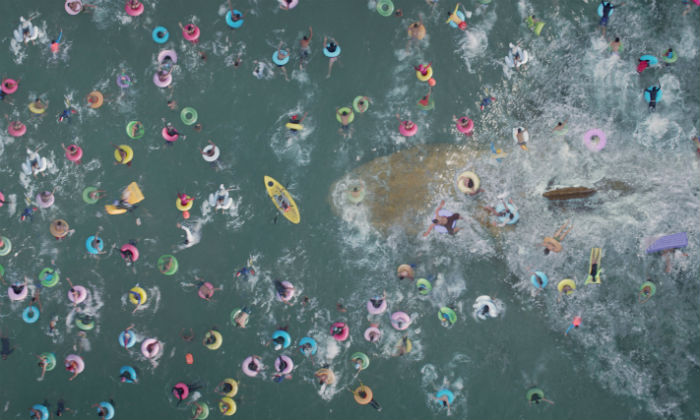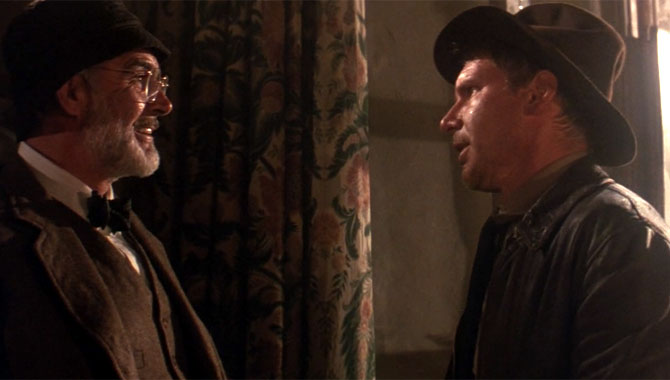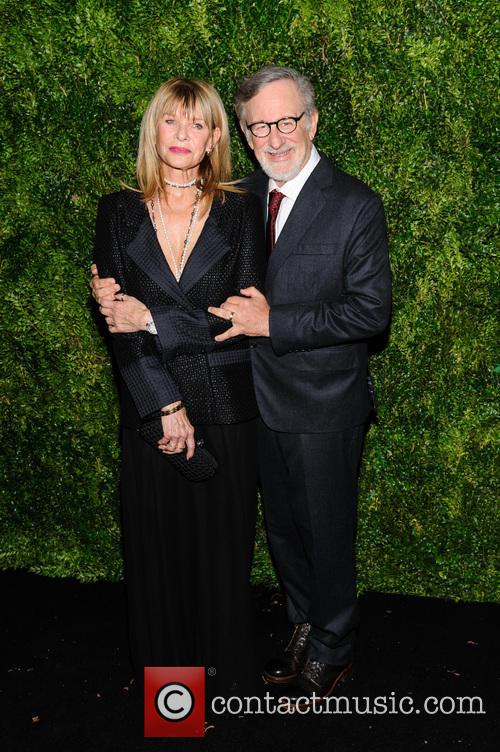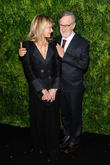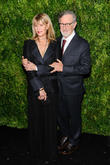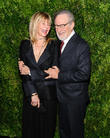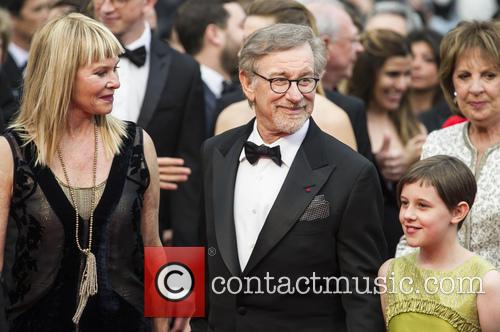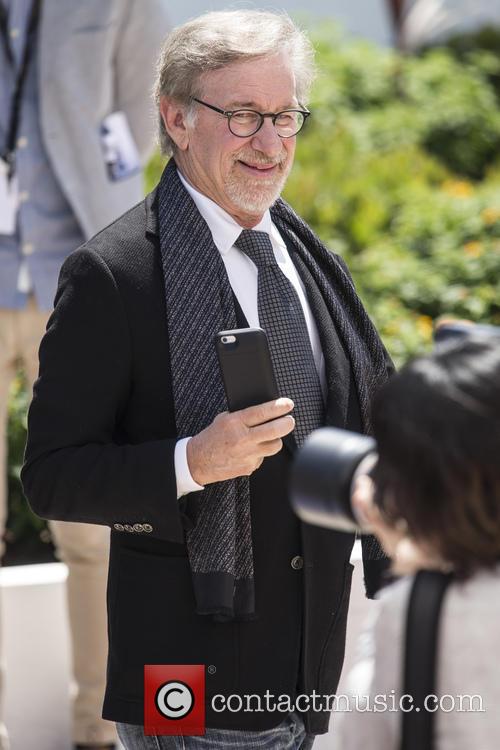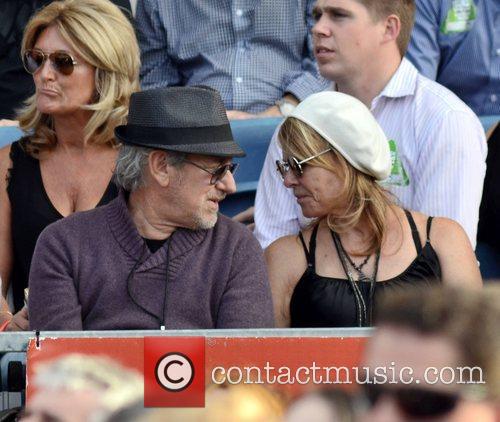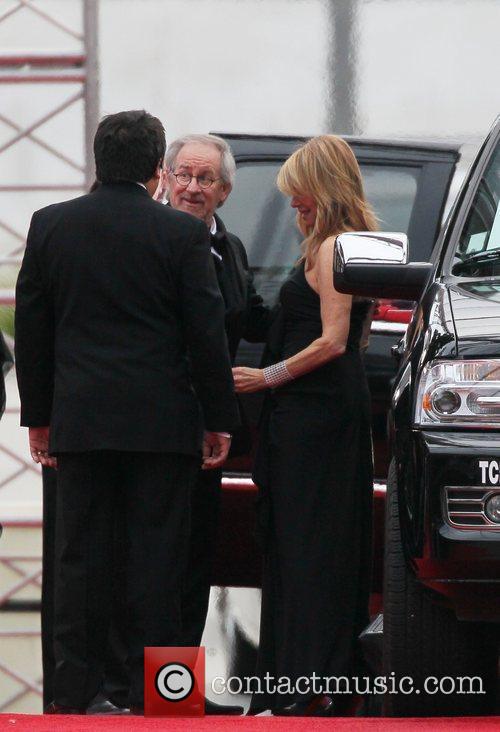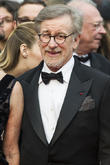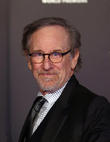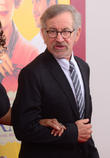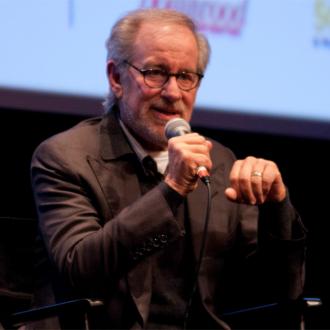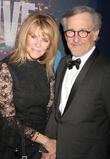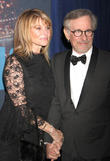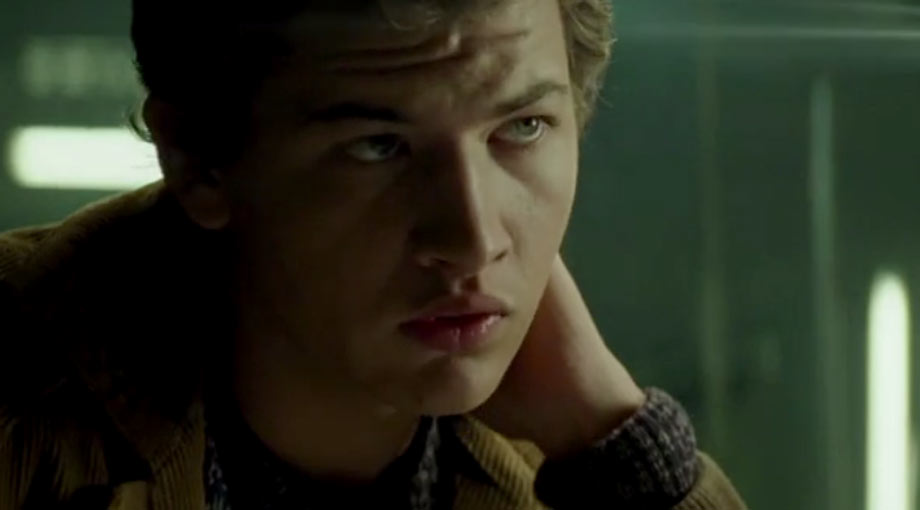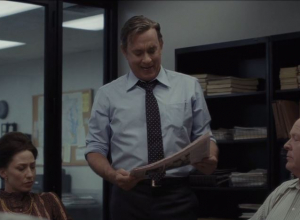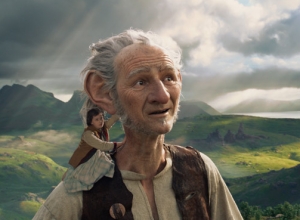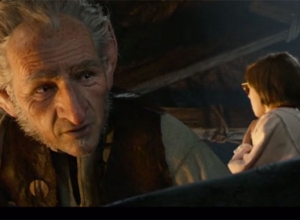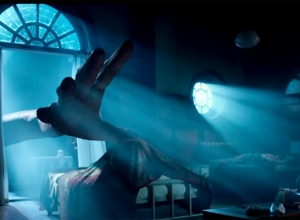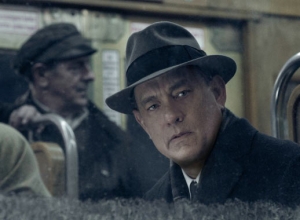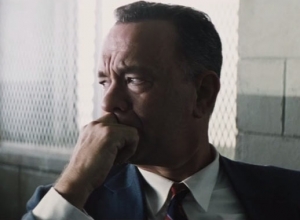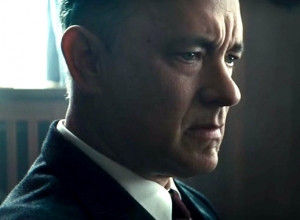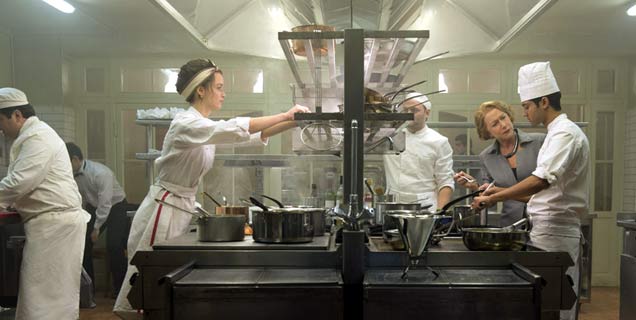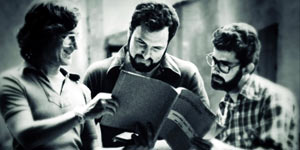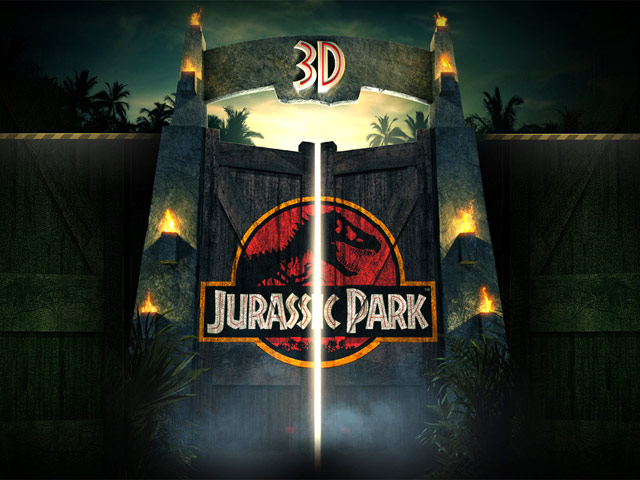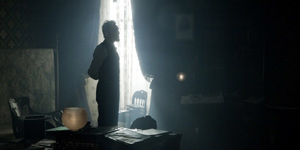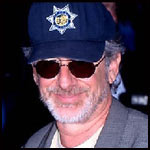
Steven Spielberg (born 18.12.1946)
Steven Spielberg is an American film director, producer and screenwriter. He has won a number of Academy Awards for his film work.
Childhood: Steven Spielberg was born in Cincinnati, Ohio. His parents, Leah Adler and Arnold Spielberg are Jewish. As a child, Steven made a number of 8mm movies and showed them at his home, charging 25 cents entry.
At the age of 13, Steven Spielberg made a 40 minute movie named 'Escape to Nowhere' and won a prize for his efforts.
Spielberg's first independent movie was entitled Firelight. It was a science fiction movie and Spielberg was just 16 years old when it was made. He profited $100 on its release in a local cinema.
When Spielberg's parents divorced he moved to California with his father and applied for the film school at the University of California. He was rejected on three occasions and instead attended California State University.
Film Career: After being signed to Universal Studios for TV work, Spielberg made his debut as a film director with The Sugarland Express, released in 1974 and starring Goldie Hawn.
Spielberg was then offered the job of director for Jaws. The project was almost cancelled when it ran over-budget but the team persisted and the film was a massive international success, garnering three Academy Awards, making Spielberg a household name.
Spielberg turned down offers to direct King Kong, Superman and Jaws 2. Instead he focused on Close Encounters of the Third Kind, another collaboration with Richard Dreyfuss. This time, the film earned six Oscar nominations and won two of them. However, his next effort, 1941, was a critical and financial failure.
Spielberg's next project was a collaboration with his friend George Lucas. Raiders of the Lost Ark starred Harrison Ford as the film's hero, Indiana Jones. It was the biggest box office hit of 1981 and again, earned a number of Oscar nominations.
The following year, Spielberg returned to the big screen with E.T., which starred a young Drew Barrymore and was nominated for nine Oscars.
Spielberg wrote the screenplay for Poltergeist, as well as directing the film. His next two films, The Twilight Zone and The Goonies, a children's adventure, were both a huge international success.
Indiana Jones and the Temple of Doom was again helmed by George Lucas and Steven Spielberg but was marginally less successful than its predecessor.
Spielberg 's Gremlins was the film credited for the creation of the PG-13 rating, for films aimed at young audiences, but featuring a high level of violence.
The Color Purple, released in 1985, was an adaptation of Alice Walker's book of the same name. The film starred Whoopi Goldberg and Oprah Winfrey and earned 11 Oscar nominations.
Two years later, Spielberg shot Empire of the Sun, starring John Malkovich and Christian Bale.
In 1989, Spielberg directed the last of the original Indiana Jones trilogy, Indiana Jones and the Last Crusade. Sean Connery played Jones's father in the film and the movie proved to be another box office hit.
Spielberg went on to direct Hook, starring Robin Williams. The film was about a middle-aged Peter Pan returning to Neverland. The film made a net profit of around $230 million.
Jurassic Park was released in 1993 and was one of Spielberg's most highly-anticipated releases. The film featured computer-generated dinosaurs, courtesy of George Lucas' Industrial Light and Magic company. Its follow-up, The Lost World: Jurassic Park was released in 1997.
Schindler's List was a highly moving drama set in the time of the Holocaust. Spielberg won his first Best Director Oscar for the film.
From the late 1990's Spielberg released a stream of highly successful films via DreamWorks Pictures. The first was Amistad, followed by Spielberg's representation of World War II, Saving Private Ryan, which featured Tom Hanks in the title role. Spielberg and Hanks also produced the HBO TV series Band of Brothers.
In 2001, Spielberg filmed AI: Artificial Intelligence, Stanley Kubrick's final project, which he was unable to start whilst he was alive.
In Minority Report, Spielberg teamed up with Tom Cruise, for the sci-fi film that proved to be a huge hit.
In 2002, Spielberg directed Catch Me If You Can, a true story of a con-artist, starring Leonardo DiCaprio and Christopher Walken.
In 2004, Spielberg re-joined forces with Tom Hanks for the hit The Terminal, which also starred Catherine Zeta Jones. The next year, he worked on an adaptation of H.G. Wells' War of the Worlds. The film starred Tom Cruise and Dakota Fanning.
Spielberg then went on to direct Munich, a film covering the massacre of Israeli athletes at the 1972 Olympic Games.
In 2007, Spielberg returned to the Indiana Jones franchise and released Indiana Jones and the Kingdom of the Crystal Skull. Harrison Ford returned to his lead role in the film, which grossed over $785 million across the globe.
Biography by Contactmusic.com
